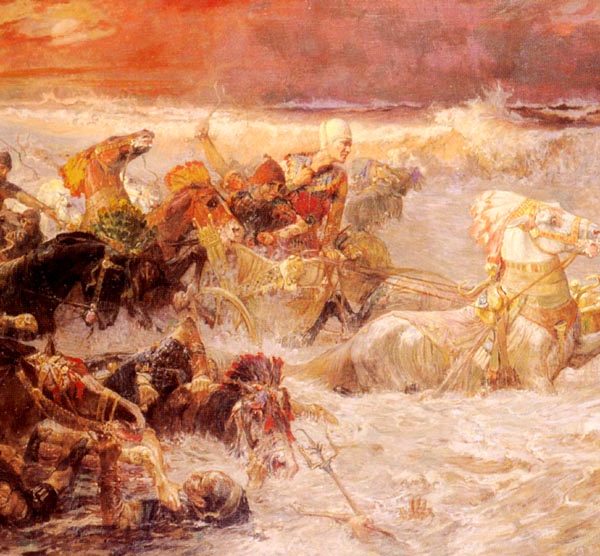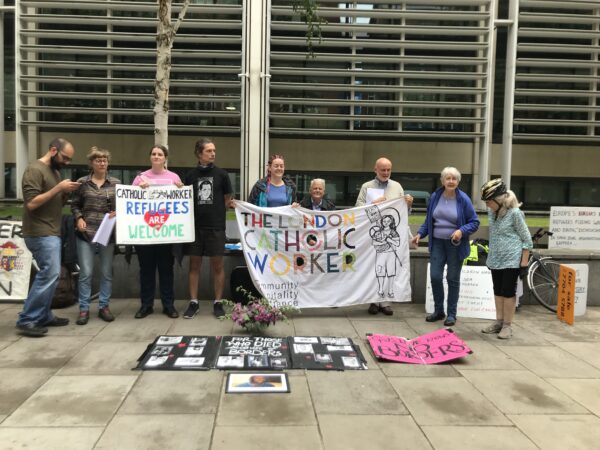
The London Catholic Worker creates the physical and intellectual spaces in which to practice radical hospitality and explore Christian anarchism. As these spaces can be transitory, easily destroyed or abandoned, the Catholic Worker must draw on its personalist and anarchist roots to adapt to a rapidly changing world.
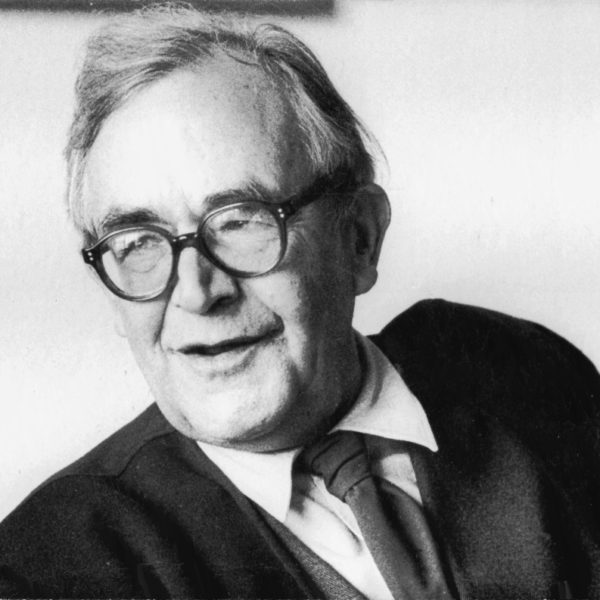
Current crises across the Middle East and other war-torn locations demand careful consideration of war, just war theory, and other tenets of military interventionism. The Christian theologian faces a particularly daunting task in this respect because the eschatological principles of God’s kingdom appear contrary to what might be a faithful Christian ethic in the penultimate present.

….Because war’s constituent ingredients are killing and/or physical harm, and because, in Childress’ argument, those two things are “intrinsically prima facie wrong” because of the prima facie obligation of nonmaleficence, war itself is prima facie wrong. Therefore, for Childress – and those who follow him – just war theory has evolved out of the need to justify the overriding of nonmaleficence but begins with the presupposition of war’s prima facie wrongness.
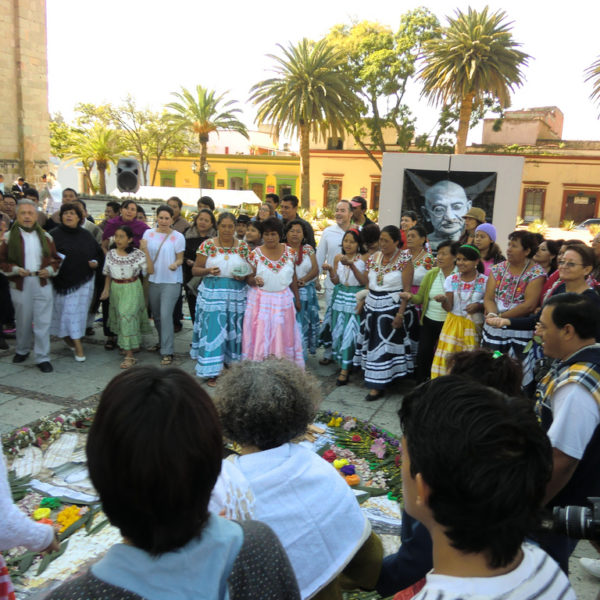
At the very least we might say that both nonviolence and pacifism should attempt to understand and redirect violence. And maybe we should shelve the tired terms for a spell and speak of life-giving or death-dealing acts, which might reframe exhausting debates about property destruction. Pacifism should not be at odds with physical force, with the force of physicality such as sit-ins, strikes, human chains, roadblocks, or even strategic property destruction.
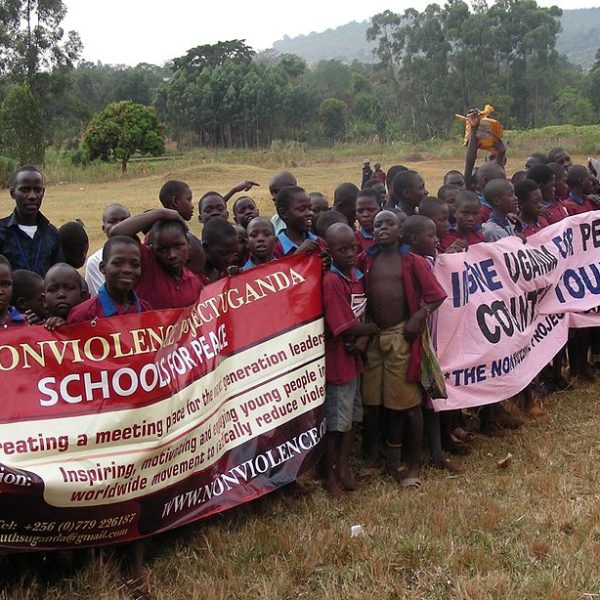
Nonviolence and pacifism are often pitted against one another, even though pacifism was once considered the activist term to distinguish it from nonresistance. Now, pacifism is thrown under the bus, even by vigorous advocates of nonviolence. For instance, Gene Sharp clarifies that nonviolent action is, appropriately, action that is nonviolent, as opposed to pacifism.
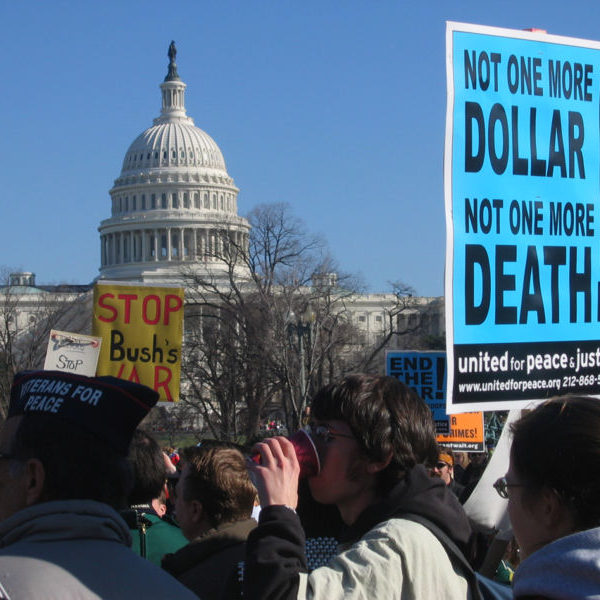
Being a pacifist and an American is virtually impossible. Typically, the peace and justice community focus on violence issues, human trafficking, and other visible forms of oppression. They come out against war and unsanctioned military engagement (which is basically the status quo in the global capitalist empire: instead of war, we have police action). All of these things are unjust and need to be opposed, but ultimately they are the blood dripping from wound that we keep wiping up without recognizing their source: global capitalism.
By Nicole L. Johnson
In response to changing political and cultural realities over the past several decades, the United Methodist Church has come to embrace various positions on the subject of war and peace. The denomination’s Book of Discipline makes evident a certain doctrinal pluralism on these topics and their related issues and questions. Textual analysis of the Discipline in order to discover the evolution of current teachings on war and peace (which one would likely never do unless, like me, one undertook such a project as part of one’s doctoral dissertation) reveals a doctrinal tradition that has come to include, for example, a Social Principles statement on “War and Peace” in which war is defined as “incompatible with the teachings and example of Christ” and is therefore to be “reject[ed] as an instrument of national foreign policy” while simultaneously recognizing in the statement on “Military Service” the “many Christians” who believe that war is acceptable in some situations and offering respect and support for those “who conscientiously choose to serve in the armed forces.”
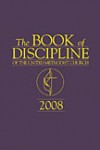
By D. Stephen Long
When I published my first book, which was on United Methodism and war, John Howard Yoder surprised me by blurbing it with the comment that it was interesting to see “non binding hortatory statements” taken seriously. When I first read that blurb I thought Yoder was incorrect. That book was a discussion of article XVI in the United Methodist Confession of Faith that says “We believe war and bloodshed are contrary to the gospel and spirit of Christ.” This article has never been rescinded. I thought Yoder misunderstood the nature of our Wesleyan heritage. In the intervening time, I have come to see he was correct. Despite having the Book of Discipline, we are not a disciplined church when it comes to any ethical or doctrinal issue.
